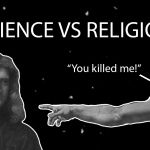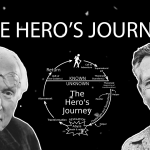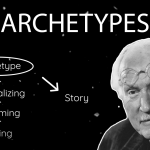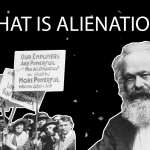In order to make sense of this world our brains and our systems have developed categories. Categories enable us to know what value to give to a certain set of anomalies that arise before us. For example, if someone calls themselves a carpenter, we know he can build chairs for example. Then we know what he can do and what he can’t do. For example, we should not ask him if he could solve a differential equation in three dimensions. This does not have to be because he cannot do it if he would learn how to do so, but just that his priorities lie in a different place.
Now this morning I read an article that introduced the concept where students can do a sort of PhD in higher education rather than on a university called a PD (Professional Doctorate). This would mean that they would not be doing fundamental research, do not have a masters of science degree and jet can call themselves Doctor. Don’t get me wrong, this is not a ritique on the intelligence of students in higher education, on the contrary, I believe it is very valuable that there are applied education systems that can help with real world problems. However, the lack of imagination in the terminology can result in the degradation of value in the concept of Doctorate. According to the “Vereniging Hogenscholen”, an interest group for higher education, there is no difference in quality between the PD and a PhD. But this is the point. There are differences. We use the term Doctor to indicate that this person has abstract knowledge in science and advanced mechanistical knowledge on processes that few other people possess whereas in the higher education system you are not educated to understand these underlying mechanisms but rather how to use them and how to “apply” the abstract knowledge.
By using words in a to common manner they loose their value. To further illustrate this point, Kierkegaard, in his book “The Sickness Unto Death”, made the following remark:
“ In a small country there are born hardly three poets in every generation, but of priests there are a plenty, many more than can get appointments. With regard to a poet people speak of his having a call; but as for becoming a priest, it seems enough to the generality of men (and that means of Christians) that one has taken an examination. And yet, alas, a true priest is even more rare than a true poet, and the word "call" originally was used in a religious sense. But with respect to being a poet people still retain a notion that it is something, and that there is something in it that a man is called. On the other hand, to be a priest is in the eyes of the generality of men (and so also of Christians) a thing bereft of every uplifting conception, lacking the least trace of the mysterious, in puns naturalibus [i.e., without mincing words] it is a career. "Call" means a benefice; people talk about getting a call; but about having a call -- O yes, they talk about being "called" for trumps.”
Just as the Priest in this example has become a redundant notion, so will the term Doctor loose its value. And for what? Is it a jealousy or resentment to people who choose to do a PhD? Do people think lesser of themselves having a degree in applied knowledge than in abstract knowledge? If they do their beliefs are misguided. Although the common notion that differences between people are a bad thing is evermore present, it is in the differentiation that each of us can feel a sensation of “uniqueness”. Why would we want to be the same? Even if it is possible to all be the same, we would all be the same in being nothing.
I believe that the proposed concept of an additional 4 years of applied knowledge gathering and problem solving in higher education is a good thing and needs to be investigated. Therefor I propose that only the name PD is changed into a less suggestive name that differentiates between the different educational systems therefor preserving the value in both fields. Let us be proud to be different in our own ways and strive to be the best in our respective fields, without comparing ourselves to much to our neighbours. Only in this way can we prevent the degeneration of meaning.





